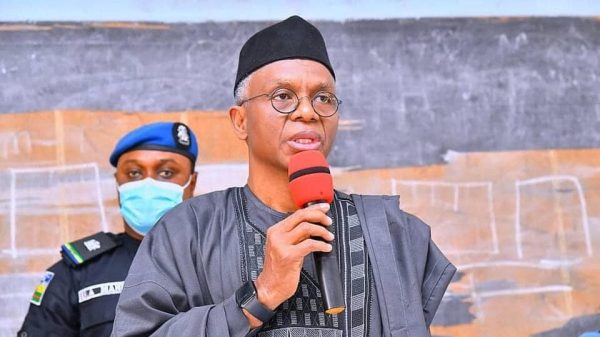Coursera Inc., a global online learning platform, today announced that it is partnering with Nigeria’s National Information Technology Development Agency (NITDA), to facilitate the country’s transformation into a digital economy.
By providing NITDA’s selected learners with access to world-class educational content from top universities and industry leaders – including Yale, Meta, Google, and IBM – Coursera will support the Nigerian government in improving the technical capabilities of the country’s public sector. The collaboration is Coursera’s first government partnership in Nigeria.
The partnership between Coursera and NITDA, which will formally launch on 19th October, is also designed to help combat high rates of youth unemployment, which stood at 19.6% in 2021. Ten percent of the licences secured by NITDA as part of this deal will be assigned to unemployed youth, equipping them with the skills needed to thrive in the modern workforce, including data analysis, cybersecurity, machine learning, and software engineering.
Partnering with Coursera will also give Nigerian learners access to Coursera’s Professional Certificates portfolio, which are designed to empower learners to gain the skills necessary to pass an industry certification exam or launch a career in a specific field, such as IT support, in as few as three months. Coursera’s 32 Professional Certificates are explicitly designed to facilitate entry into high-growth careers, including Data Analytics (Google), Social Media Marketing (Meta formerly named Facebook), and Software Developer (IBM).
These roles are due to comprise an increasing share of the Nigerian labour market, which expects 3 million digital jobs to be created in the next four years.
Anthony Tattersall, Vice-President for EMEA, Coursera, said: “Nigeria’s economic success is being driven by the success of its telecommunications sector, which achieved its highest-ever contribution to national GDP in the second quarter of 2022. Working with NITDA will enable Coursera to equip Nigerians with the skills necessary to continue driving further growth in its ICT sector, helping to drive a diversified, competitive, skilled economy.”
Kashifu Inuwa, Director-General of NITDA, said: “Globally, there is a shortage of talents, so we are creating a mandate to develop a talent strategy because we have a competitive advantage as a country with our vast human and natural resources. By partnering with Coursera to upskill our workforce, Nigeria can seize the opportunity to fill that gap.”
Coursera currently supports the skills development of over 1.3 million Nigerians, who have used the platform to enrol in over 2.2 million courses.
The top courses taken by Nigerian learners in 2022 – including Foundations: Data, Data Everywhere, Foundations of User Experience (UX) Design, Foundations of Project Management, and Technical Support Fundamentals – demonstrate the country’s efforts to upskill for high-demand IT roles. Coursera and NITDA intend to reach 8000 Nigerian learners in the first year of the relationship.
![]()





























































